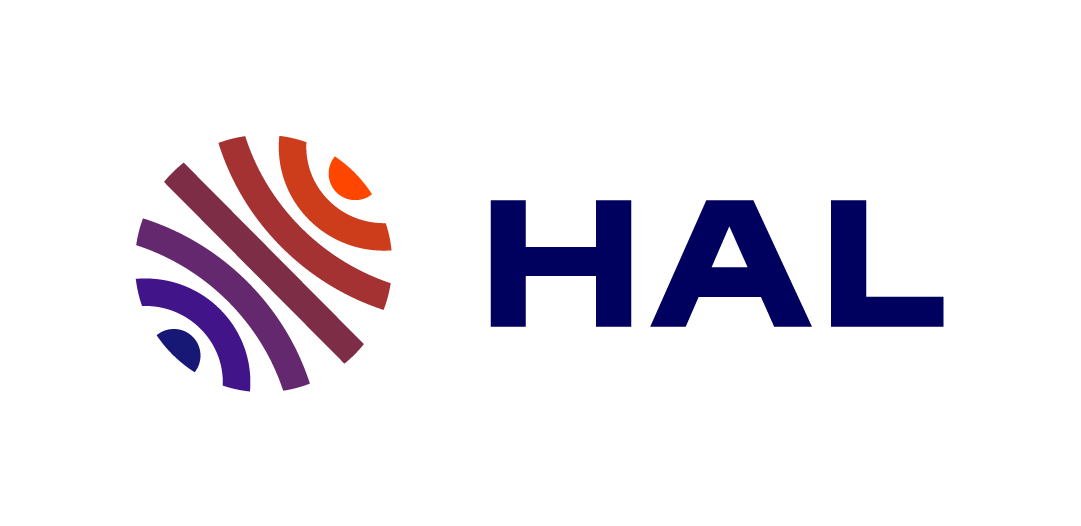Factors affecting communication time in an emergency medical communication centers
Résumé
Background: Emergency Medical Communication Centres (EMCCs) play a crucial role in emergency care by ensuring timely responses through telephone triage. However, extended communication times can impede accessibility, patient triage, and decision-making. Identifying the factors influencing communication duration is essential for improving EMCC efficiency.
Objective: This study aims to identify temporal, human, and contextual factors associated with prolonged communication times in an EMCC where decision-making is conducted by physicians.
Methods: We conducted a retrospective observational study of all calls received at a French EMCC between March 1 and December 31, 2019. A total of 108,548 patient medical files were analyzed, excluding calls from medical personnel or hospitals. We examined the total communication time (from call initiation to decision) and the medical communication time (physician involvement). Bivariate and multivariate logistic regressions were used to identify factors associated with prolonged communication times.
Results: The median total communication time was 7 min [IQR 5-11], and the median medical communication time was 3 min [IQR 2-4]. Psychiatric reasons for calling (OR = 1.75) and elderly patients (OR = 1.58) were associated with longer communication times. Calls leading to medical advice (OR = 1.48) and calls during weekends or nighttime were also significant factors. Conversely, calls for trauma or from nursing homes, and those handled by emergency physicians, were associated with shorter durations.
Conclusion: Several factors influence communication times in EMCCs, including patient demographics, reason for the call, and time of day.
Domaines
Sciences du Vivant [q-bio]| Origine | Fichiers éditeurs autorisés sur une archive ouverte |
|---|



